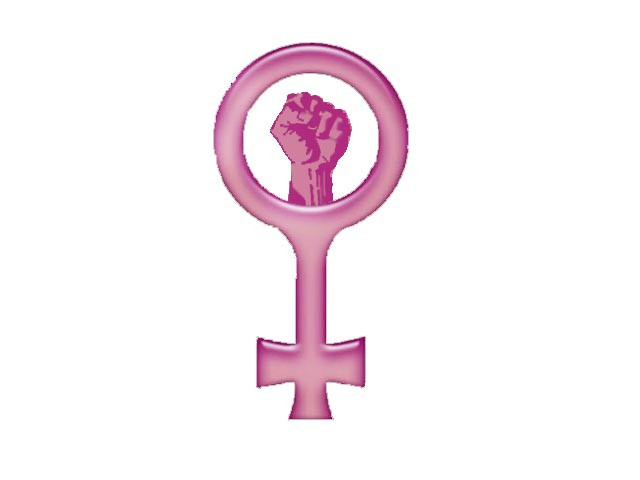Women empowerment: ‘Know the real meaning of leadership’
Participants discuss anti-women social practices, jirga systems, youth participation.

Speakers and participants at a conference focusing on women leadership on campuses on Thursday stressed the need for exploring the actual meaning of leadership.
More than 200 youths attended that conference organised by the Department of Youth Affairs, Sports, Archaeology and Tourism in collaboration with USAID, Aurat Foundation and Bargad, held at the Punjab Institute of Language, Art and Cultural Complex on Thursday.
Addressing the participants, Bargad Executive Director Sabiha Shaheen said the word ‘leader’ was often restricted to political context, which she said needed to be changed. She said Bargad’s leadership programme, launched in 10 public universities across the country, encouraged the youth to actively engage in society.
She said the organisation had conducted 40 workshops in several cities under the National Youth Leaders Network.
Shoaib Ahmed, a member of the Youth Leader Network, said people should think about how to bring about a change.
For that, Ahmed said, there was a need for the people to first understand the ground realities.
Ahmed, a gender studies student and hailing from Quetta, said the role of youth, particularly women, remains largely un-discussed. He said as compared to Punjab where public discourse on the matter existed, the situation in Balochistan was different.
“In Balochistan, the journey towards youth empowerment has yet to begin - we have to go a long way,” he said.
Huda Hussain from the University of Sindh criticised the youth for their ‘careless’ attitude.
“Instead of sharing songs that make no sense, why can we not share useful information with our peers on social networking websites?” she said.
An English language and literature student, Hussain regretted that despite having the resources and access to information, youth often failed to address significant issues. She said she was shocked to find out that most of the conference participants lacked awareness of issues like sexual harassment.
The participants also deliberated on social practices that victimised and subjugated women.
Hisham Ahmed Khattak, a University of Peshawar student, pointed out the jirga system as a problem. He said instead of reporting crimes to the police, people in the area he belonged to, trusted the jirgas. Khattak said in the Tribal Area of Khyber-Pakhtunkhwa, it was mostly the jirgas that dispensed justice.
“The cultural practices are such that the women are victimised for the sins of their male family members,” he said. He narrated an instance in which a woman was handed over to the family of the victim as a ‘recompense’ for an offence her brother had committed.
“She then becomes the property of the victim’s family’,” he said.
Khattak said there was a need for youth to take up the role of educating their elders.
Published in The Express Tribune, July 13th, 2012.



















COMMENTS
Comments are moderated and generally will be posted if they are on-topic and not abusive.
For more information, please see our Comments FAQ